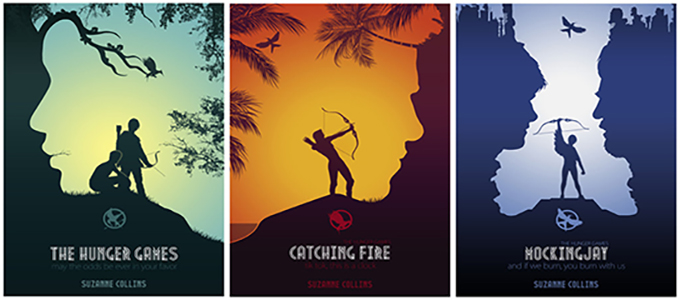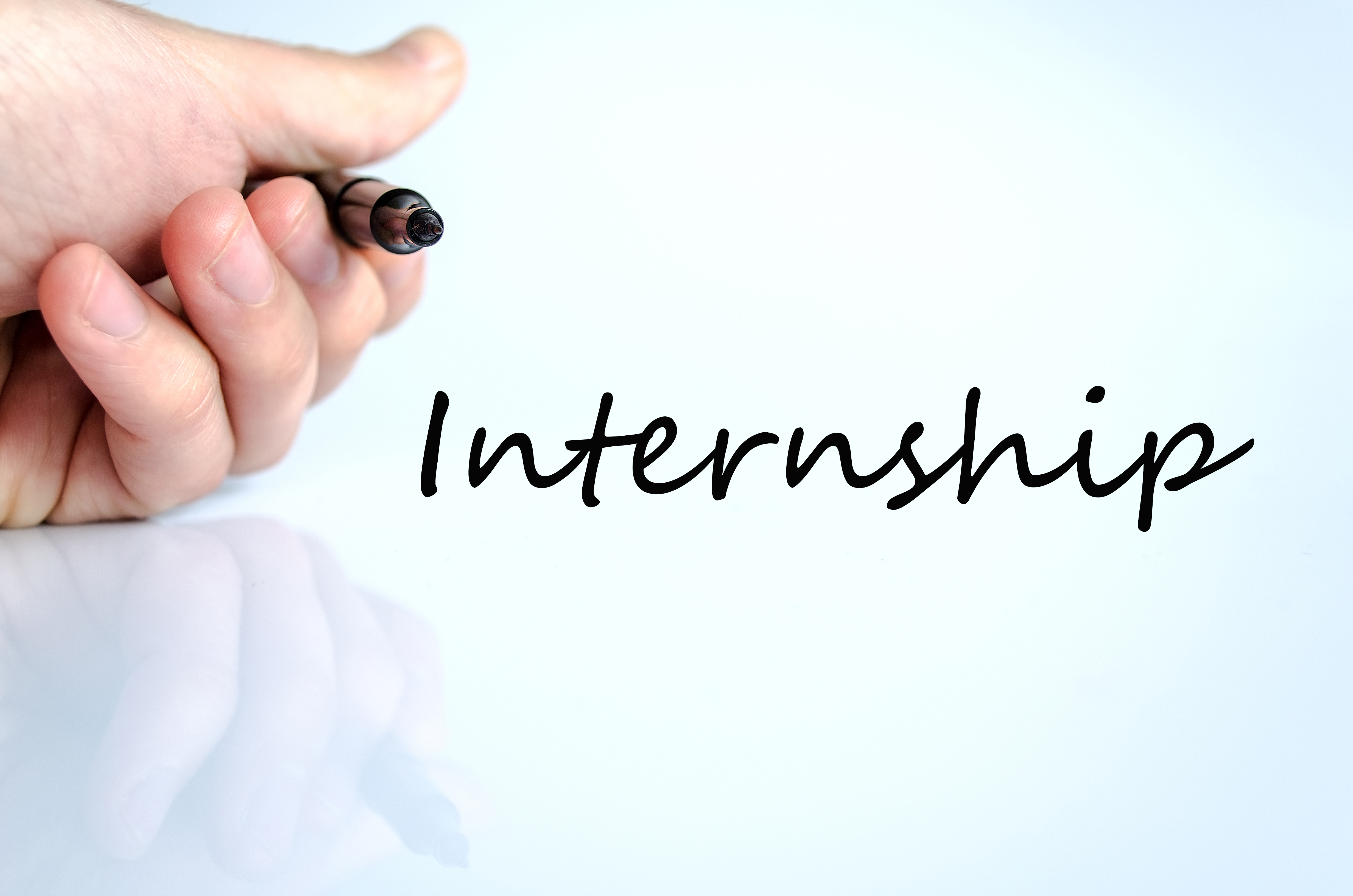Posted on December 14, 2015
By: Daniel Pullin, Publishing Assistant, Gale, a part of Cengage Learning
When the name ‘Winston Churchill’ is mentioned, images of a heroic war leader with cigar in mouth and face set in steely determination are usually the first to come to mind. His wartime speeches became iconic in symbolising gung-ho British determination to battle on through endless bloodshed, helping steer Britain through the turmoil of a cataclysmic conflict. Yet, with perhaps less well-known flair, the former Prime Minister proved equally adept on paper. This is evident in his first published material: a series of war letters commissioned for British newspaper The Daily Telegraph.
Between October and December 1897, Churchill wrote and published the eleven letters while accompanying the Malakand Field Force in India. With Gale’s The Telegraph Historical Archive, 1855-2000 now available, these letters are fully-searchable in digital format for the first time. This gave me the perfect opportunity to explore their contents.
Read moreTales for the ‘Every-day Reader’: Winston Churchill and the ‘War in the Indian Highlands’









